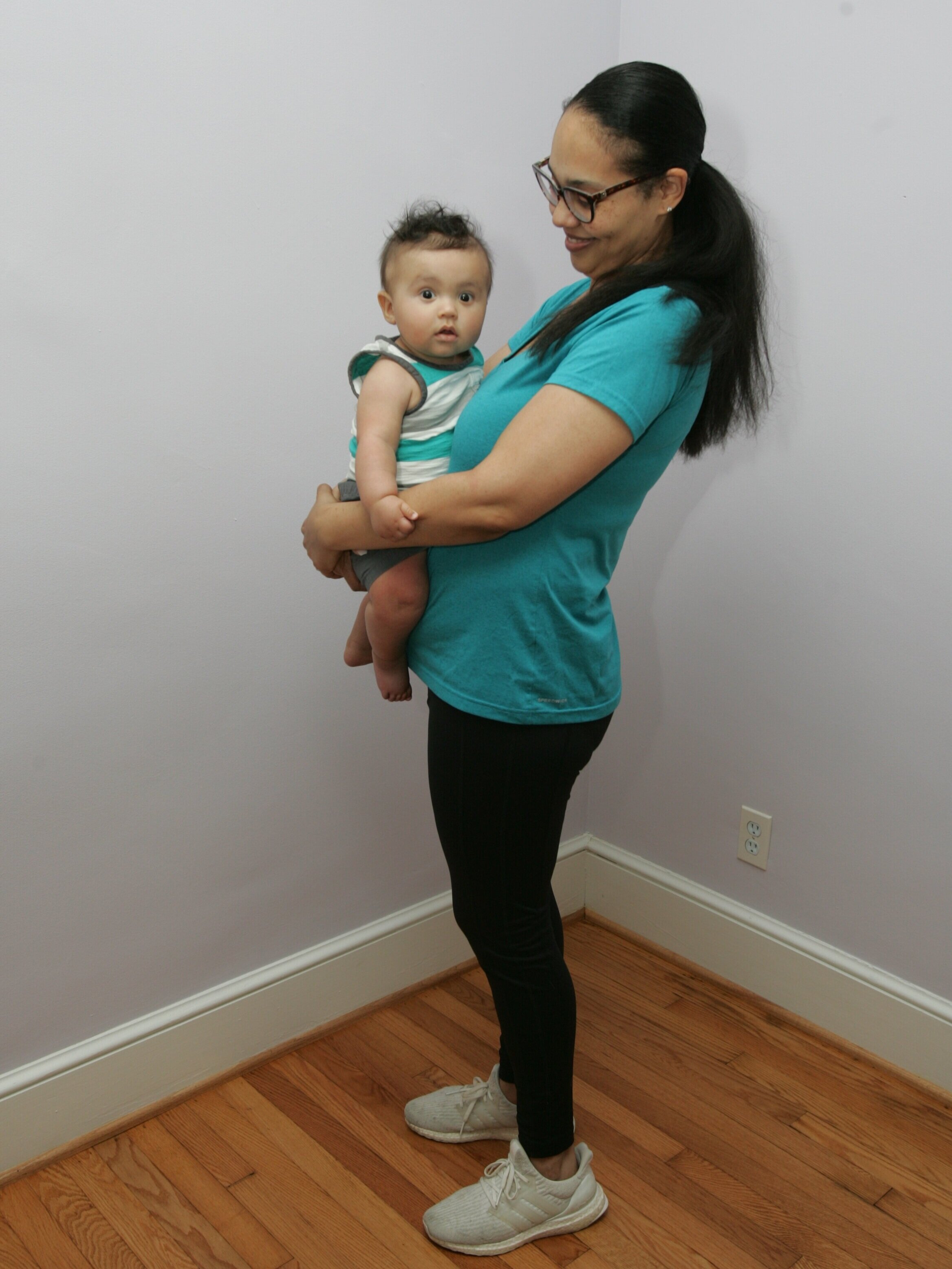
Every mom deserves comprehensive postpartum care…at any stage
Postpartum Care
The human body experiences so many changes with pregnancy and childbirth. Oftentimes, there is underlying dysfunction during the postpartum period, even if it is not readily visible. Our team of experienced physical therapists will help get you back on track after baby.
Read on to learn more about conditions we treat!
Trunk weakness/postural dysfunction
During pregnancy, the abdominal muscles are stretched out, your center of gravity shifts forward, and the curve in your spine increases. Many of these postural changes continue after childbirth. Sometimes these changes result in persistent low back pain, pelvic pain, or abdominal pain. Through targeted exercises, we can help you regain a more optimal alignment, and help you stand taller and carry your baby without pain!
Scar Adhesions
Scar tissue is a common occurrence post-childbirth. Cesarean scars may become tight/adhered, preventing full range of motion in your trunk or hips and abnormal posture. Perineal scars from episiotomy or tearing can contribute to pelvic floor muscle dysfunction, fecal or urinary leakage or discomfort during intercourse.
Diastasis Recti
As the abdominals stretch during pregnancy, they often are too weak or too taut to acclimate to the increased intra-abdominal pressure from the growing uterus. This can cause separation of the rectus abdominus muscle and poor tensioning across the linea alba (connective tissue between the ab muscles). Diastasis recti can be healed conservatively without surgery most of the time.
Pelvic organ prolapse
Pelvic organ prolapse is a common condition that affects women of all ages and stages of life. Pelvic organ prolapse is a sagging of any of the pelvic organs (bladder, uterus, small intestine or rectum) into the vaginal canal. Common symptoms include pelvic pressure, a “tampon falling out” sensation, bulging, difficulty emptying the bladder, and/or constipation. Oftentimes these symptoms can be relieved with pelvic floor therapy.
Urinary incontinence or Urgency
Do you leak urine when you laugh, cough, sneeze, or jump? Do you ever leak just a little when you are trying to get to the bathroom? If it is a little or a lot, pelvic floor therapy can help!
DeQuervain’s tenosynovitis and Carpal tunnel syndrome
Due to swelling and blood pressure changes during pregnancy, combined with repetitive straining to hold your baby postpartum, many women experience pain in the wrists or thumb. These are generally easy to manage with physical therapy and splints if you treat them early.
Plantar fascitis
During pregnancy, most womens’ arches in their feet flatten out to accommodate the shift in posture and center of gravity. This combined with adaptive shortening of the gluteal muscles often puts more force into the feet. resulting in plantar fascitis. We can help!

